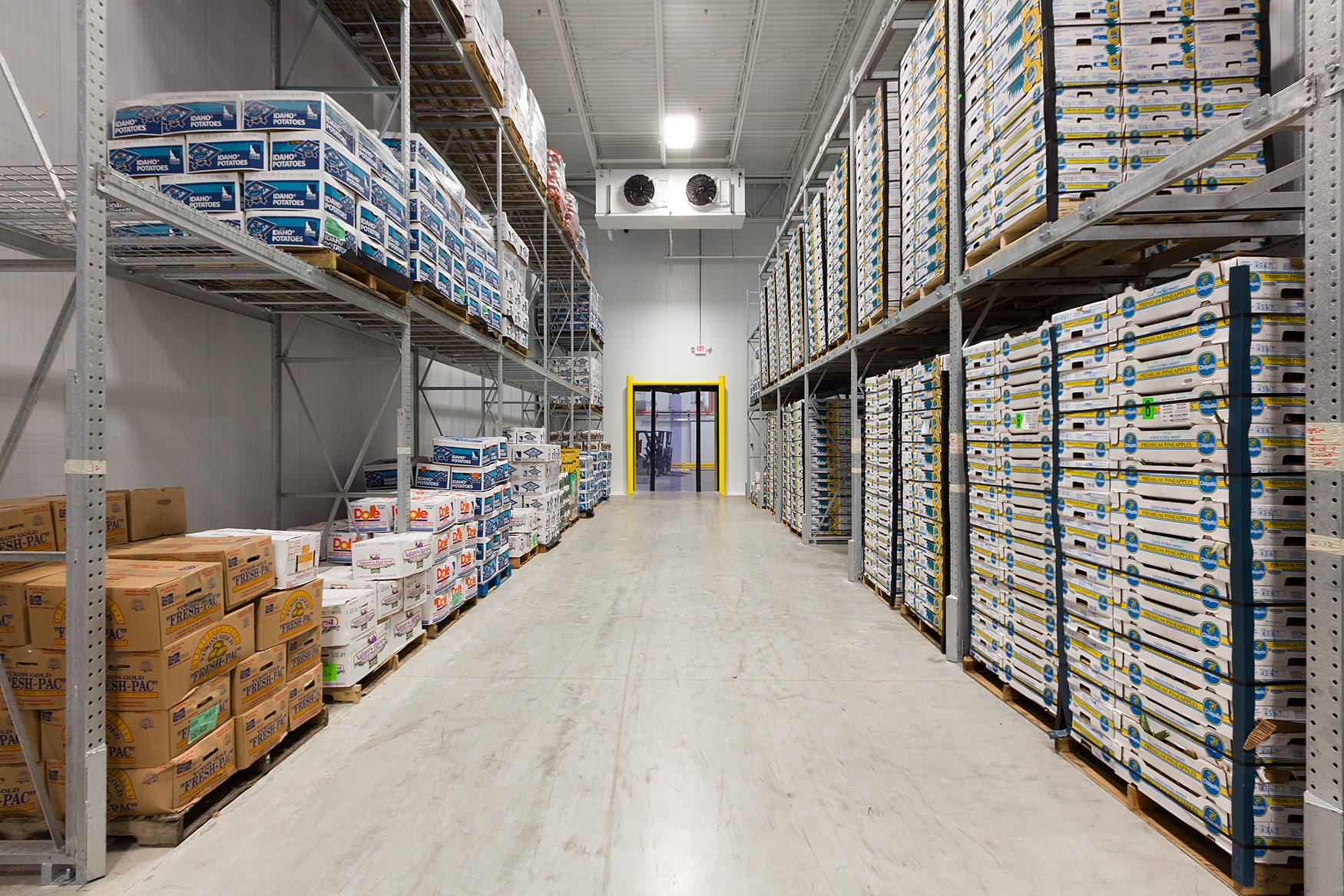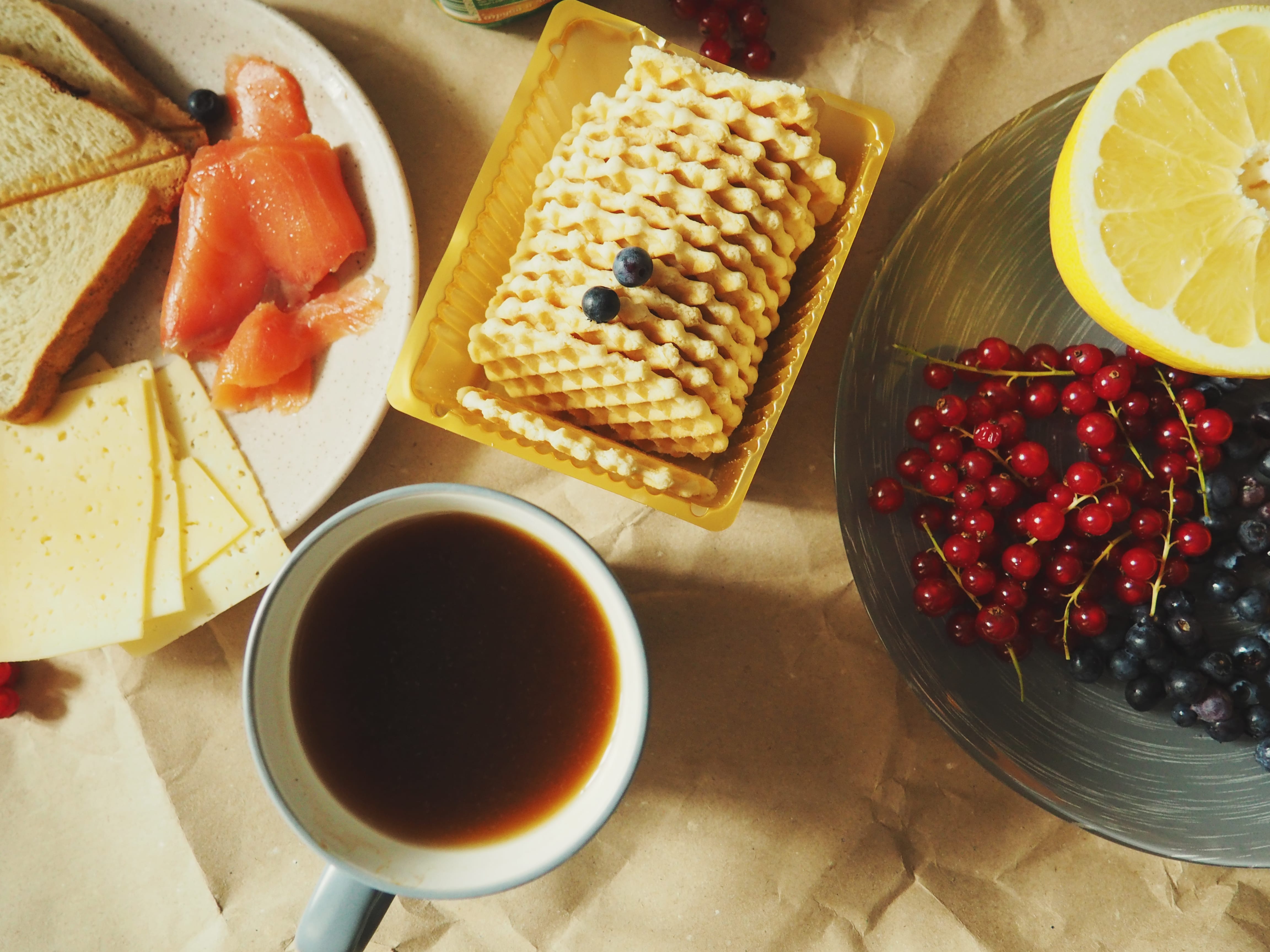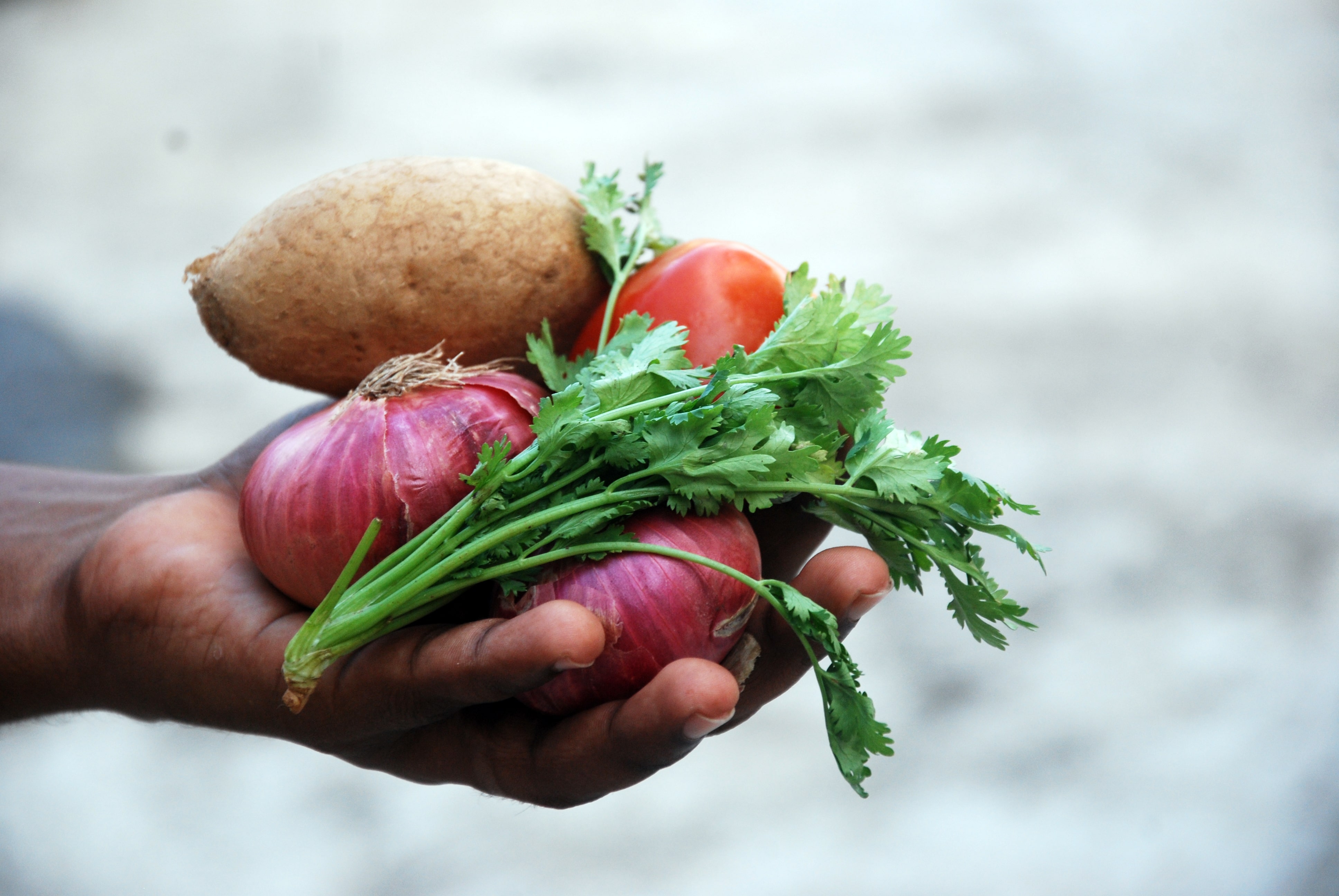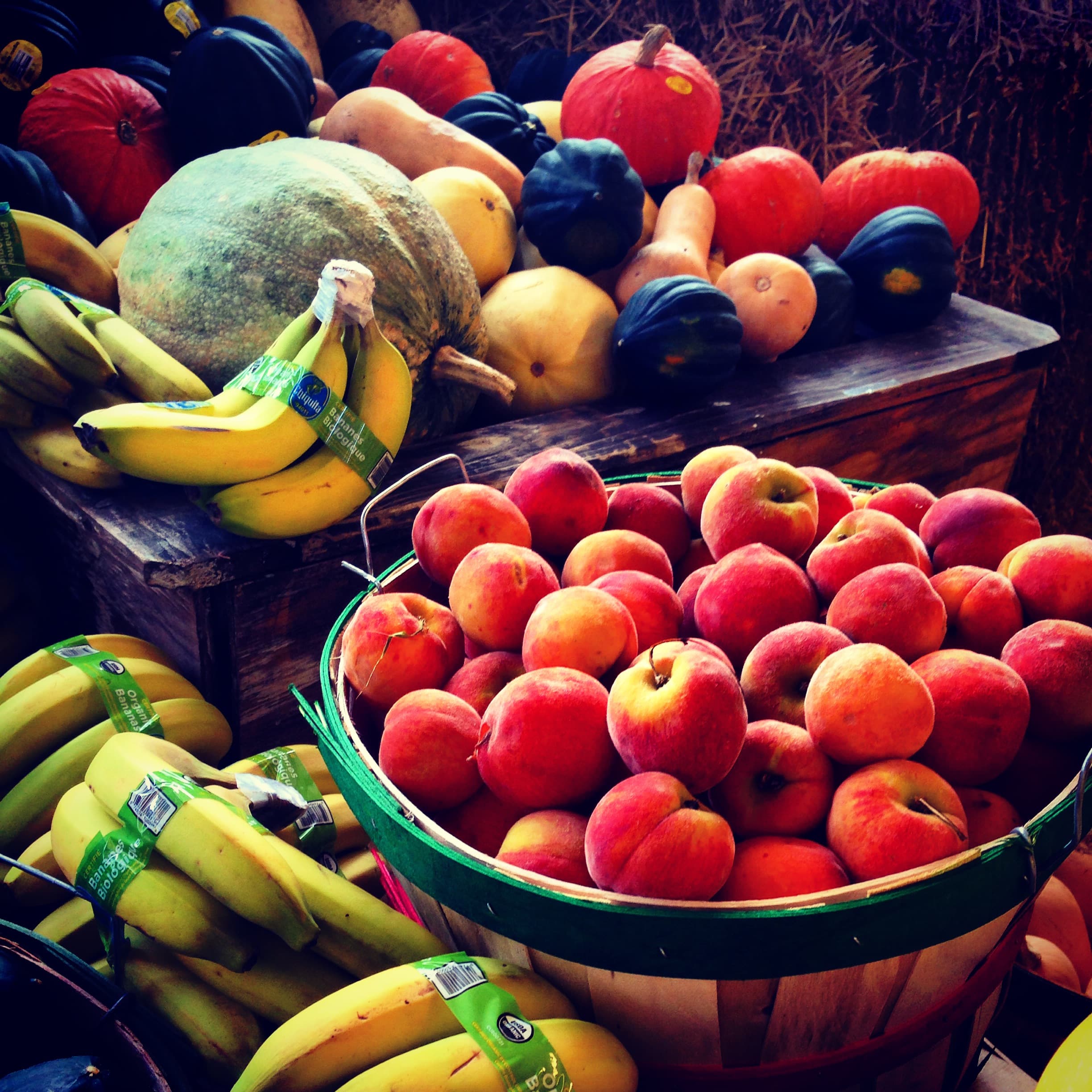Let's Start a New Project Together!
Why Choose Us

A cold-chain is an environmentally controlled chain of logistics activities, which conditions and maintains a product or produce within a stipulated range of parameters that include temperature, humidity, atmosphere, packaging and other conditions. Cold-chain can be treated as part of the second green revolution. India over the years witnessed a marked increase in production of perishable high nutrition products like fruits, vegetables, meat and poultry products etc. But development of cold-chain infrastructure was not strategically directed, for safe handling and to convey these perishable products to markets, except in the dairy sector. A resultant demand supply mismatch emerged across these agricultural commodities, frequently contributing to wide spread price fluctuations and inflation.
With the Government of India’s new focus on food preservation, the cold storage sector is undergoing a major metamorphosis. The Government has introduced various incentives and policy changes in order to curtail production wastage and control inflation; increase public private participation and improve the country’s rural infrastructure. Like every other industrial sector in India, the Cold Storage Industry too is slowly emerging from out of its “protective cover”. The Cold Storage Industry has developed in past 10-15 years, advancing through technical innovations and indigenous research and development.
Over a period of last 2 decades the road and rail infrastructures are getting developed, electricity and water is being made available and the thoughts of food preservation has caught up. A large number of cold storages have come up with loans and help from the cooperatives and the Government. The old ones have been revamped, generators added to take care of power cuts and the availability of foods by storages / cold storages / CA and MA storages are on the increase. Reliable refrigeration machinery and plants are indigenously manufactured and expertise developed which is also playing a leading role in the export of fruits / vegetables / meat / flowers etc. as well.
India accounts for nearly 17% of the world population and is estimated to be the largest populated country by the year 2040. Looking at the scenario it is necessary to develop such industries which will avoid inflation and need to import from other countries in future.

India is the second largest producer of fruits and vegetables in the world. In spite of that, per capita availability of fruits and vegetables is quite low because of post harvest losses which account for about 25% to 30% of production. Besides, quality of a sizeable quantity of produce also deteriorates by the time it reaches the consumer. This is mainly because of perishable nature of the product which requires a cold chain arrangement to maintain the quality and extend the shelf-life if consumption is not meant immediately after harvest which is usually the case. In the absence of a cold storage and related cold chain facilities, the farmers are being forced to sell their produce immediately after harvest which results in glut situations and low price realization. Some times farmers do not even get their harvesting and transportation costs, leave alone the cost of production or profit!
As a result, the production is not getting stabilized and the farmers after burning fingers in one crop switch over to another crop in the subsequent year and the vicious cycle continues. Our farmers continue to remain poor even though they take risk of cultivating high value fruits and vegetable crops year after year. A cold storage facility accessible to them will go a long way in removing the risk of distress sale to ensure better returns.

India is an agricultural -based economy. More than 52 percent of India’s land is cultivable, compared to the global average of 11 percent. The estimated annual production of fruits and vegetables in the country is about 130 million tones. This accounts for 18% of our agricultural output. Due to diverse agro climatic conditions and better availability of seeds, scientific break-through, drip irrigation, fertilizers and scientific practices, the production is gradually rising. Although, there is a vast scope for increasing the production, the losses post harvest are just mind boggling and the lack of cold storage and cold chain facilities are becoming major bottlenecks in preservation of the produce which in turn adds to shortage of produce and hence adds to the ever rising inflation.
The cold storage facilities now available are mostly for a single commodity like potato, orange, apple, grapes, pomegranates, flowers, etc. which results in poor capacity utilization. Present availability of cold storage capacity is only 103.5 lakh tones, out of which units having about 8 lakh tones capacity are non functional. Although 75% of these units are made to store only potato even then it does not meet the requirement of the single crop, the production of which is about 300 lakh tones.
Lack of proper storage facilities has far reaching implication for the Indian economy. Not only it creates shortage of food supplies but sometimes the government may have to import and spent precious foreign exchange to make available vegetables and fruits available to the common people. Also, though we produce best quality fruits and vegetables, just the lack of storage makes us import the very fruits that we produce in good quality and in abundance.

The domestic market in India itself is large, and one must firstly satisfy this market with products that meet international quality standards. With increasing population and awareness towards healthy living, the demand for all types of vegetables and fruits will remain throughout the year. Food is the biggest expense for an urban Indian household. About 38.6% of the total consumption expenditure of households was spent on food in 2011-12.
Once we deliver high quality products and services within the domestic market, accessing the international market for exports should not pose a serious challenge. India is an agricultural country which will grow to its full potential in the coming years with the help of such services and no doubt that India will soon come to be recognized for quality products in the international market which in turn, will bring this industry to a position of true leadership.
Strategically, holistic development of integrated cold-chain holds the key for reducing post-harvest losses, ensuring uninterrupted supply and thereby minimizing food inflation.
© 2016. FAIR N FRESH Storage Solutions LLP. All right reserved.
Designed By NsTech +91 9920753736
